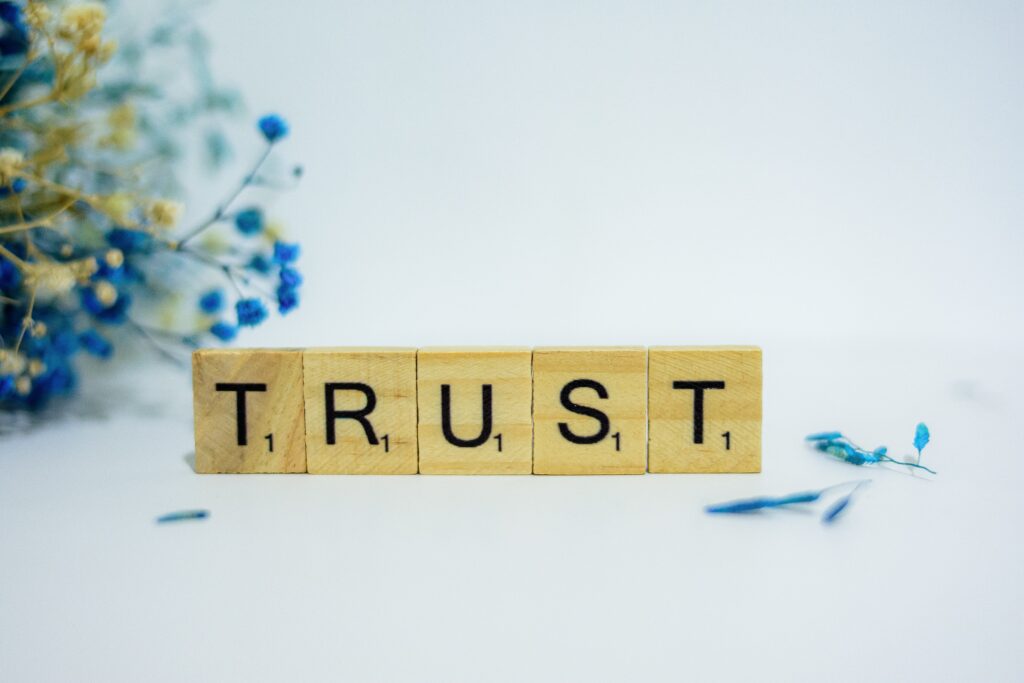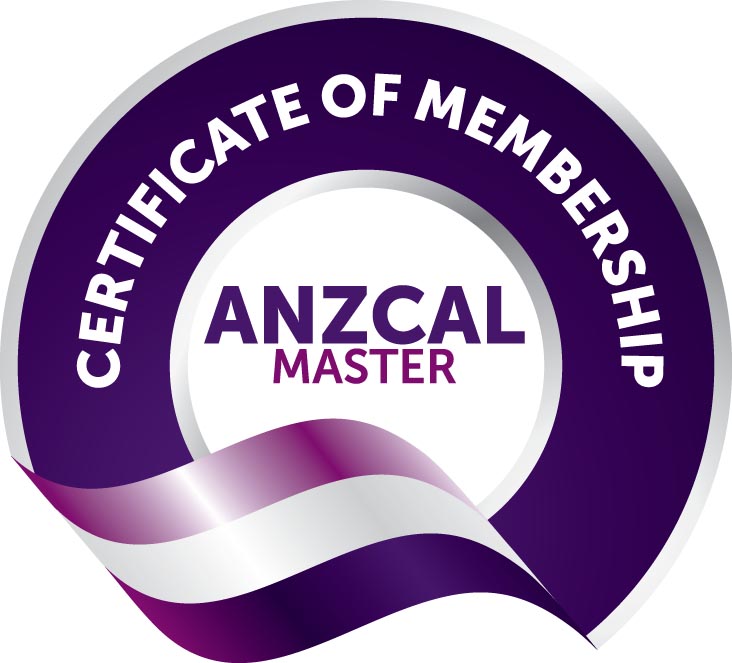When the success of one person’s efforts is dependent on the contribution of others, the condition of trust is critical.
This is certainly the case in ECE settings. Trust is developed when relationships are characterised by reliability and honesty (Hunter, Bailey, & Taylor, 1999).
Fostering a trusting and collaborative environment and building and maintaining trust in an Early Childhood Education (ECE) setting is essential for a productive and harmonious work environment. Here are some practical strategies and solutions that can help develop and sustain relational trust among teachers and staff:
-
Lead by Example
Demonstrate reliability and honesty in your own actions and interactions. When teachers see leaders consistently modelling trustworthiness, they are more likely to follow suit.
-
Effective Communication
Open and transparent communication is key. Encourage regular and honest conversations among team members, where they feel safe expressing their thoughts and concerns.
-
Set Clear Expectations
Establish clear expectations for roles, responsibilities, and goals within the team. When everyone understands their role and what is expected of them, it reduces uncertainty and fosters trust.
-
Collaborative Decision-Making
Involve all team members in decision-making processes, especially those that directly affect their work. When people have a voice in decisions, they are more likely to trust the outcomes.
-
Conflict Resolution
Address conflicts and disagreements promptly and constructively. Show that conflicts can be resolved through open dialogue and compromise, reinforcing trust.
-
Consistency
Be consistent in your actions, policies, and procedures. When teachers can rely on a stable and predictable work environment, trust is more likely to flourish.
-
Professional Development
Invest in the professional growth of your team. Providing opportunities for learning and skill development demonstrates your commitment to their success.
-
Acknowledge and Appreciate
Recognize and appreciate the contributions of your team members regularly. Feeling valued enhances trust and job satisfaction.
-
Empowerment
Empower teachers by giving them autonomy and decision-making power in their classrooms, within established guidelines. Trusting their professional judgment builds confidence and trust.
-
Conflict of Interest Management
Address potential conflicts of interest transparently and fairly. Teachers need to know that decisions are made in the best interest of the children and the organization.
-
Ethical Guidelines
Develop and communicate clear ethical guidelines that all staff should adhere to. This helps ensure ethical behaviour and trustworthiness within the team.
-
Team Building Activities
Organize team-building activities and events to strengthen interpersonal relationships and foster a sense of community among staff.
-
Feedback and Evaluation
Provide regular feedback and evaluations that are constructive and based on agreed-upon criteria. This helps teachers understand their performance and areas for improvement.
-
Conflict Resolution Training
Offer training in conflict resolution and effective communication to equip teachers with the skills needed to address issues professionally.
-
Mentorship and Support
Establish mentorship programs or support systems where experienced teachers can guide and support newer colleagues, building a sense of trust and camaraderie.
By implementing these strategies, you can create an environment where trust thrives, leading to stronger relationships among teachers and a more effective ECE setting.
© Gaynor Clarke, September 2023
Gaynor Clarke
B.Ed (Teaching), Cert Tertiary Teaching, PGDip Ed, MEd Leadership
Reach. Teach. Lead.
Reach Education Ltd
Teacher Leadership Mentoring and Life Coaching. Personal and Professional Development.
Gaynor is a teacher educator and mentor facilitating personal & professional leadership wellbeing outcomes for teachers.
If you are an early childhood teacher or leader looking to enhance your leadership skills, I would love to work with you. As a leadership mentor and coach, I specialize in helping early childhood educators develop their leadership potential and make a positive impact for the ākonga they serve. If you are interested in learning more about my leadership mentoring services, please visit my website or contact me directly to schedule a consultation. I would love to work with you!








Leave a Comment
You must be logged in to post a comment.